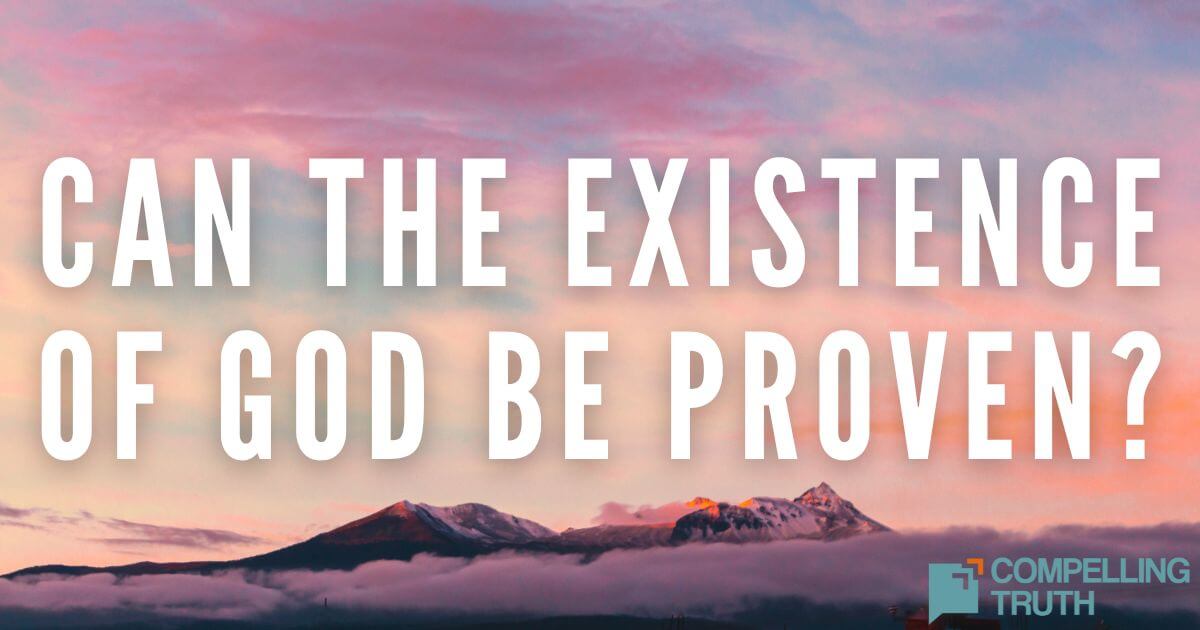The word science literally means “knowledge.” Science is man’s way of processing the natural world: observing and interpreting those experiences according to reason. This last part – human reason and sense – is where science can either be carried on the wings of faith or fall into a chasm of its own conceit.
Science itself is not contrary to Scripture. In its purest form, it is simply the study of Creation in all its facets. It confirms what God has made and what Scripture reveals. God is not opposed to mankind learning about the body to treat ailments or observing the wondrous flora and fauna of a forest to understand plants and animals better. However, these things point back to the awesome Creator who designed the vast cosmos as well as the intricacies of our DNA, who holds power over the hurricane yet feeds the most delicate butterfly. Simply knowing more about God’s creation doesn’t justify dismissing His role in nature.
Faith in God and belief in science will never contradict since God, in fact, exists and is the Creator of the universe. For those who believe in Him, there is ample evidence of His work, so science is an approach to knowledge and general truths about His creation. Faith, then, is trust in God for those things we don’t yet know, based on what He has already told us. For those with faith, science can be one of our greatest forms of worship. The greatest names in the founding of modern science were deeply committed, well-informed believers in the God of the Bible.
For those who reject belief in God, “faith” is still about trust. But for the non-believer, it’s trust in their own mind and opinions. What science cannot tell an unbeliever, the unbeliever cannot (theoretically) know.
Faith and science should be partners, each giving more depth to the other. Science, when properly used, validates faith in a Creator and exhibits the awesomeness of His work. Faith guides science to noble causes and gives science context. The best scientist is one who understands there is a Creator and enthusiastically learns what he can about that creation.




